Introduction
In today’s fast-paced world, technology is evolving at an unprecedented rate. Staying up-to-date with the latest technology trends has become increasingly crucial, both for individuals and businesses. This article will provide you with an insightful overview of the top technology trends that are shaping our future. From artificial intelligence to blockchain and 5G, we will explore the impact of these advancements and why it is essential to stay informed.
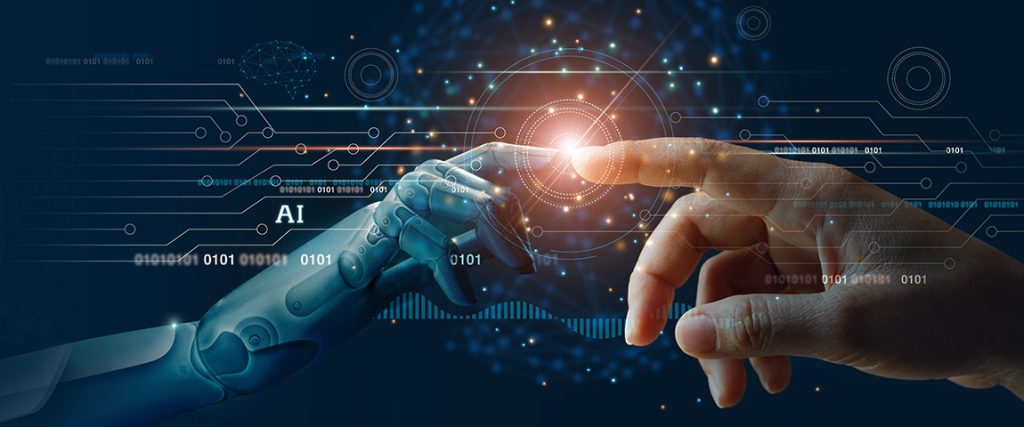
What are the top technology trends?
Top technology trends refer to the most significant and influential advancements in the tech industry. These trends have the potential to reshape industries, drive innovation, and transform the way we live and work.
Why is it important to stay up-to-date on them?
Staying up-to-date on the latest technology trends offers numerous benefits. It enables individuals to leverage new opportunities, enhance productivity, and gain a competitive edge. For businesses, being aware of these trends is crucial for survival and growth in a rapidly evolving market.
Overview of the trends that will be discussed in the blog post
In this blog post, we will delve into 15 top technology trends that are shaping our future:
- Artificial Intelligence (AI)
- Democratization of AI
- Tech for early disease detection
- Quantum computing
- Robotics
- Robotic Process Automation (RPA)
- Cybersecurity
- Extended reality
- Digital trust
- 3D printing
- Genomics
- New energy solutions
- Blockchain
- Internet of Things (IoT)
- 5G
Artificial Intelligence (AI)
Artificial Intelligence, or AI, is a technology that enables machines to simulate human intelligence and perform tasks that traditionally required human intelligence. AI is transforming various industries, including healthcare, finance, and transportation. With its ability to analyze vast amounts of data and make predictions, AI has the potential to revolutionize decision-making processes.
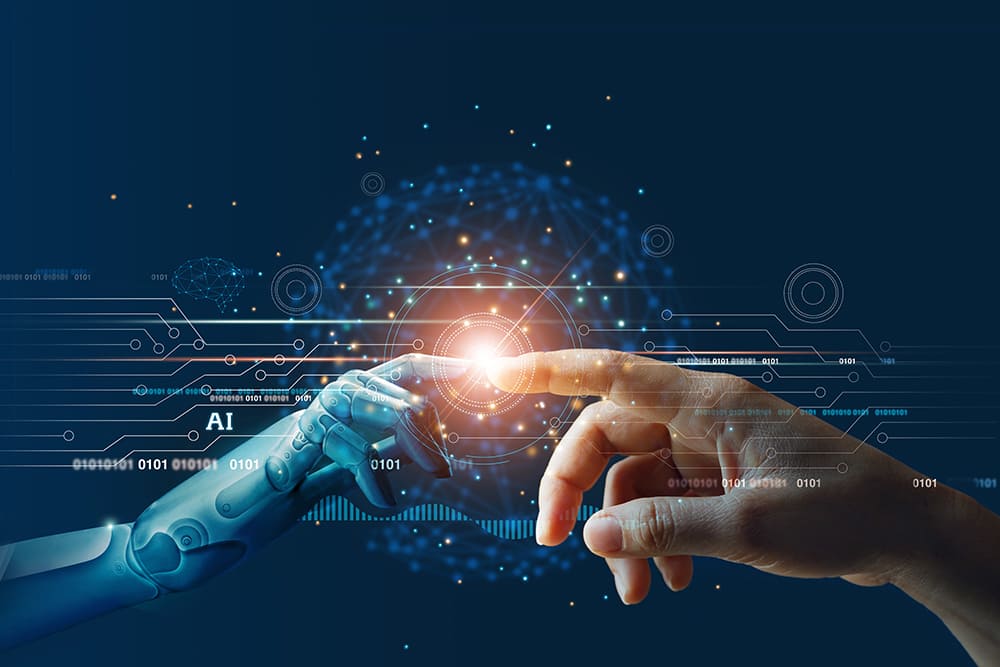
Democratization of AI
The democratization of AI refers to the widespread accessibility and adoption of AI technologies. Previously, AI was limited to large organizations with significant resources. However, advancements in AI have made it more accessible to individuals and small businesses. This democratization allows more people to benefit from AI and leverage its capabilities for innovation and growth.
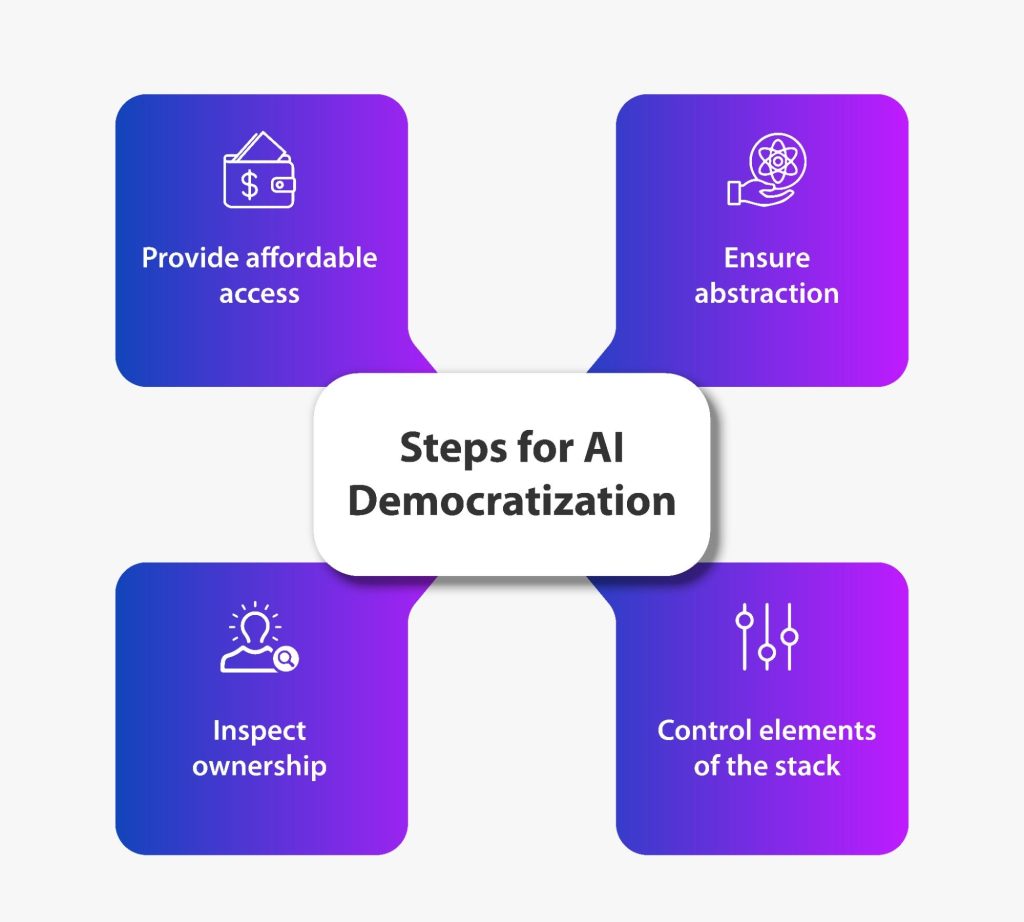
Tech for early disease detection
Technologies for early disease detection are revolutionizing healthcare. From wearable devices to AI-powered diagnostic tools, these technologies enable early identification of diseases, leading to better treatment outcomes. They empower individuals to monitor their health proactively and make informed decisions about their well-being.
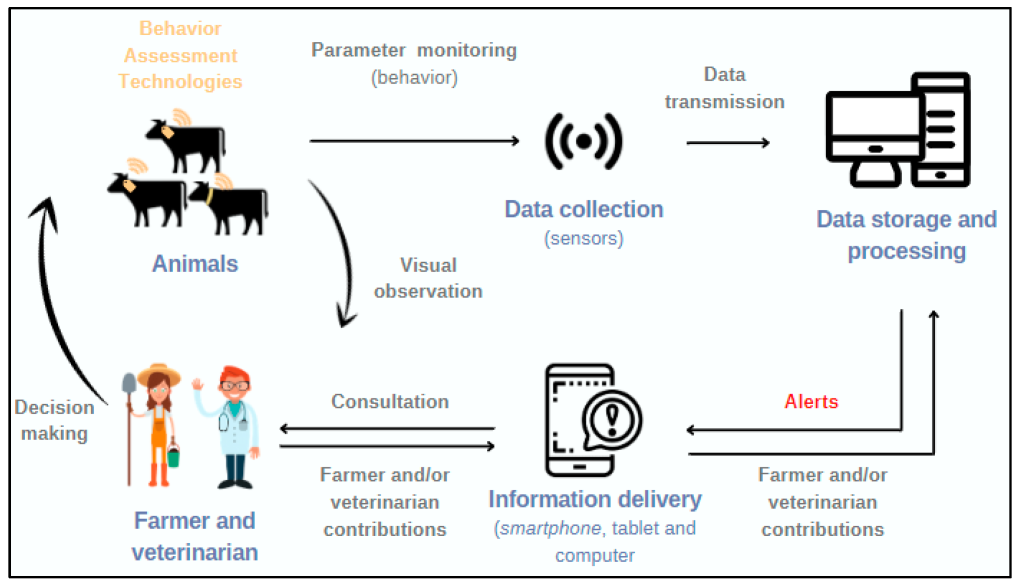
Quantum computing
Quantum computing is an emerging field that utilizes the principles of quantum mechanics to perform complex computations. It has the potential to solve problems that are currently intractable for classical computers. Quantum computing holds promise for various applications, such as optimizing logistics, simulating molecular structures, and enhancing cybersecurity.
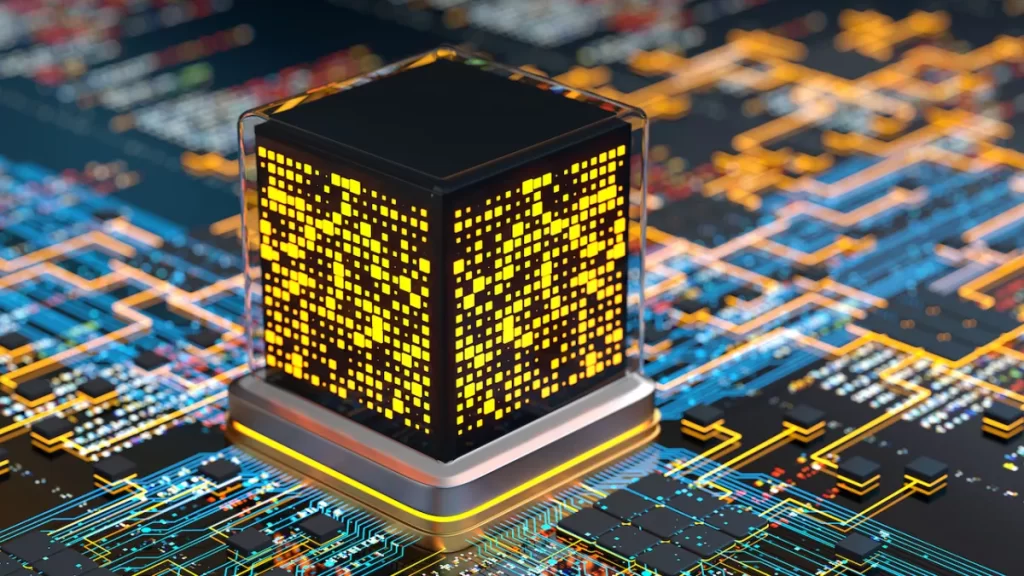
Robotics
Robotics is a field that involves the design, development, and deployment of robots to perform tasks autonomously or collaboratively with humans. From industrial automation to healthcare assistance, robots are transforming industries and streamlining processes. They can improve efficiency, reduce human error, and take on repetitive or dangerous tasks.
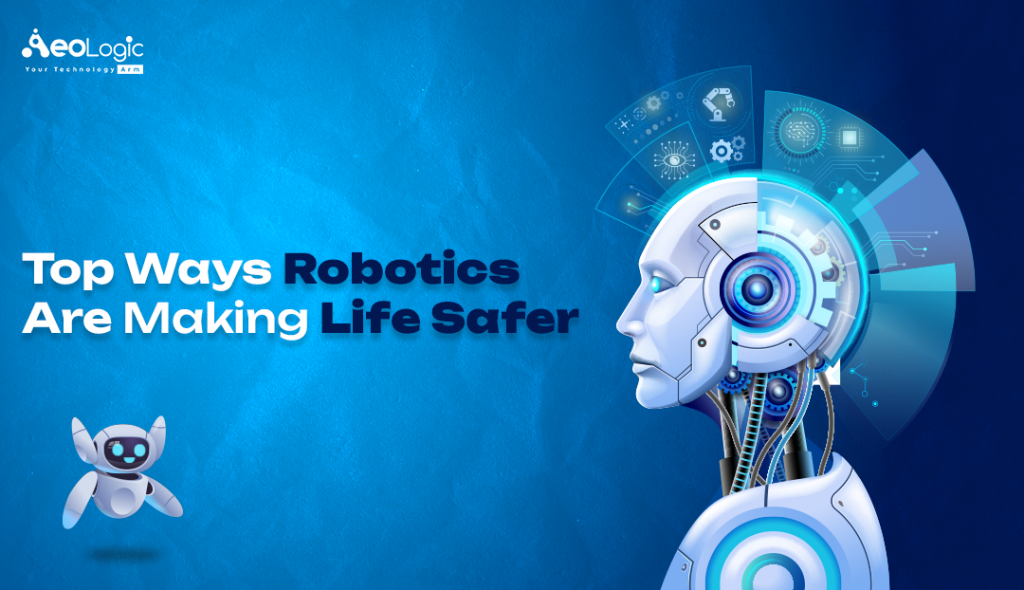
Robotic Process Automation (RPA)
Robotic Process Automation, or RPA, refers to the use of software robots to automate repetitive and rule-based tasks. RPA technology allows organizations to streamline their operations, improve efficiency, and reduce costs. By automating manual processes, employees can focus on higher-value work that requires creativity and critical thinking.

Cybersecurity
As technology advances, the importance of cybersecurity becomes increasingly evident. With the growing number of cyber threats and data breaches, businesses and individuals need to prioritize cybersecurity measures. From implementing robust encryption protocols to utilizing advanced threat detection systems, cybersecurity plays a crucial role in safeguarding sensitive information and maintaining trust in the digital ecosystem.

Extended reality (XR)
Extended reality (XR) encompasses virtual reality (VR), augmented reality (AR), and mixed reality (MR). XR technologies create immersive experiences by merging the physical and digital worlds. They have applications in various industries, including gaming, education, training, and design. XR has the potential to revolutionize how we interact with digital content and transform industries by enabling new forms of engagement and visualization.

Digital trust
Digital trust refers to the confidence and reliability associated with online interactions and transactions. As technology becomes more integrated into our daily lives, establishing and maintaining digital trust is crucial. Technologies such as blockchain, encryption, and secure authentication mechanisms play a vital role in building trust and protecting privacy in the digital realm.
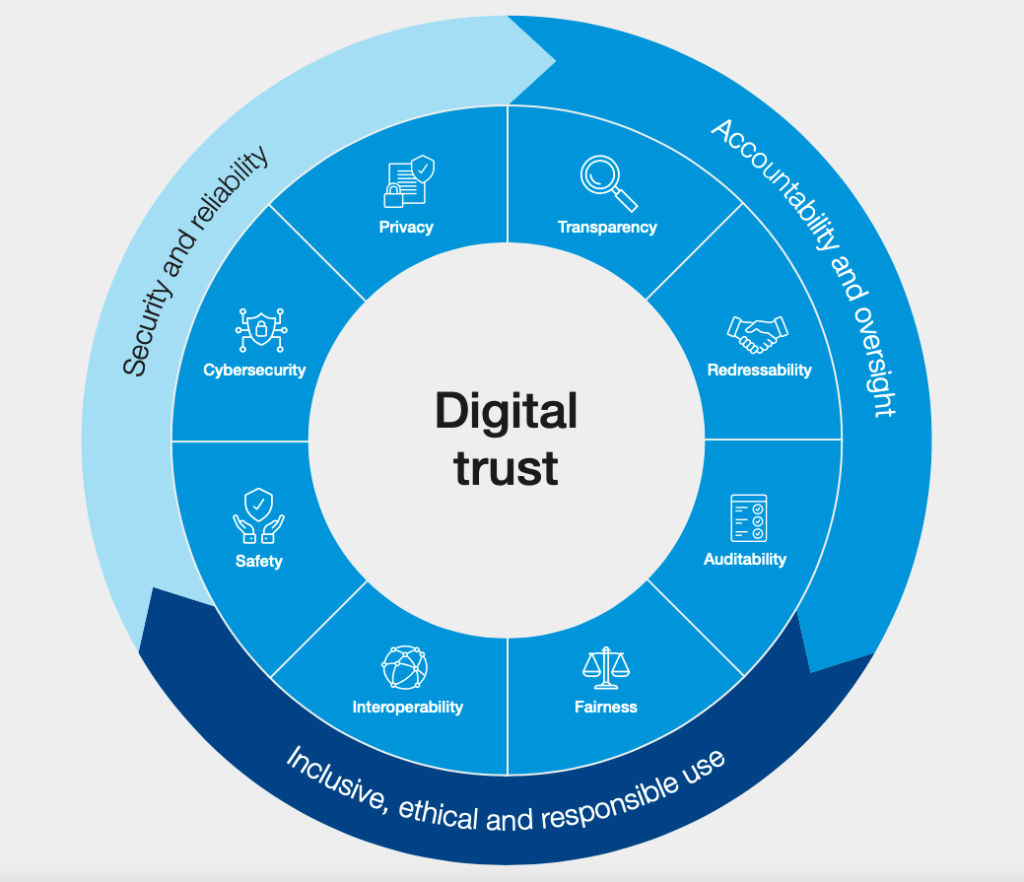
3D printing
3D printing, also known as additive manufacturing, is a revolutionary technology that allows the creation of three-dimensional objects from digital models. It has applications in various industries, including healthcare, aerospace, and manufacturing. 3D printing enables rapid prototyping, customization, and on-demand production, leading to reduced costs and increased design flexibility.
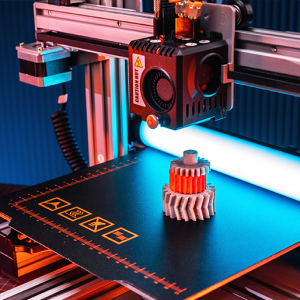
Genomics
Genomics is the study of an organism’s complete set of DNA, including all of its genes. Advances in genomics have led to breakthroughs in personalized medicine, disease prevention, and agriculture. Genomic sequencing allows for the identification of genetic variations and insights into an individual’s predisposition to certain diseases. This information can inform personalized treatment plans and interventions.

New energy solutions
As the world seeks sustainable and clean energy alternatives, new energy solutions are gaining traction. Technologies such as solar power, wind energy, and advanced battery systems are revolutionizing the way we generate, store, and distribute energy. These solutions have the potential to reduce reliance on fossil fuels, mitigate climate change, and create a more sustainable future.

Blockchain
Blockchain technology provides a decentralized and transparent platform for secure digital transactions. It has gained popularity beyond its association with cryptocurrencies and has applications in various industries, including finance, supply chain management, and healthcare. Blockchain enables trust, immutability, and accountability in transactions, revolutionizing traditional systems and processes.

Internet of Things (IoT)
The Internet of Things (IoT) refers to the network of interconnected devices and objects that collect and exchange data. IoT technology enables the seamless integration of physical and digital systems, creating smart environments and improving efficiency. From smart homes to industrial automation, IoT has the potential to enhance productivity, optimize resource utilization, and improve quality of life.
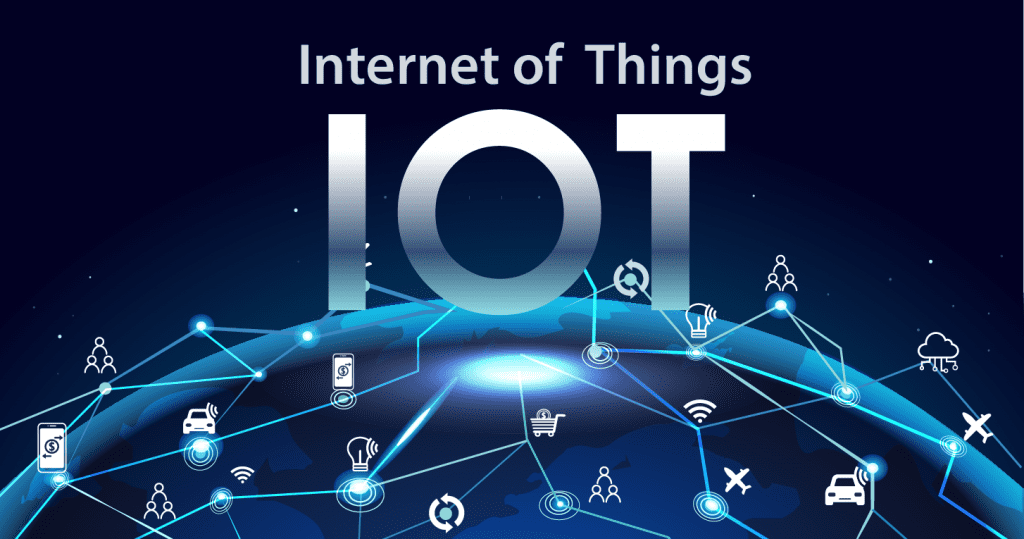
5G
5G is the next generation of wireless technology, offering significantly faster data speeds, lower latency, and greater capacity compared to its predecessors. This ultra-fast connectivity will enable new applications and services, such as autonomous vehicles, remote surgeries, and immersive augmented reality experiences. 5G has the potential to revolutionize industries, drive innovation, and transform the way we connect and communicate.
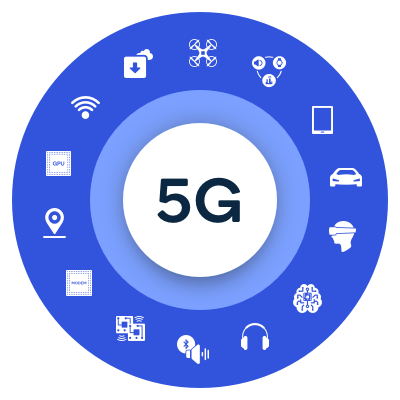
Conclusion
In conclusion, staying up-to-date on the top technology trends is paramount in today’s digital age. The advancements in artificial intelligence, quantum computing, robotics, cybersecurity, and other areas are reshaping industries, transforming businesses, and impacting our daily lives. By embracing these trends, individuals and organizations can harness their potential for innovation, efficiency, and growth.
To thrive in the digital landscape, it is essential to stay informed and adapt to evolving technology trends. Whether you’re an individual seeking personal growth or a business aiming to stay competitive, staying ahead in the tech realm is key. Embrace the opportunities presented by AI, explore the possibilities of 5G, and leverage the power of blockchain and IoT to revolutionize your industry.
Remember, the future belongs to those who are willing to embrace change and harness the power of technology. Stay curious, stay informed, and be prepared to shape the future.
Call to action
If you are interested in learning more about the top technology trends, I encourage you to do some research online or to talk to experts in the field. The future of technology is bright, and it is exciting to think about all of the possibilities that lie ahead.

